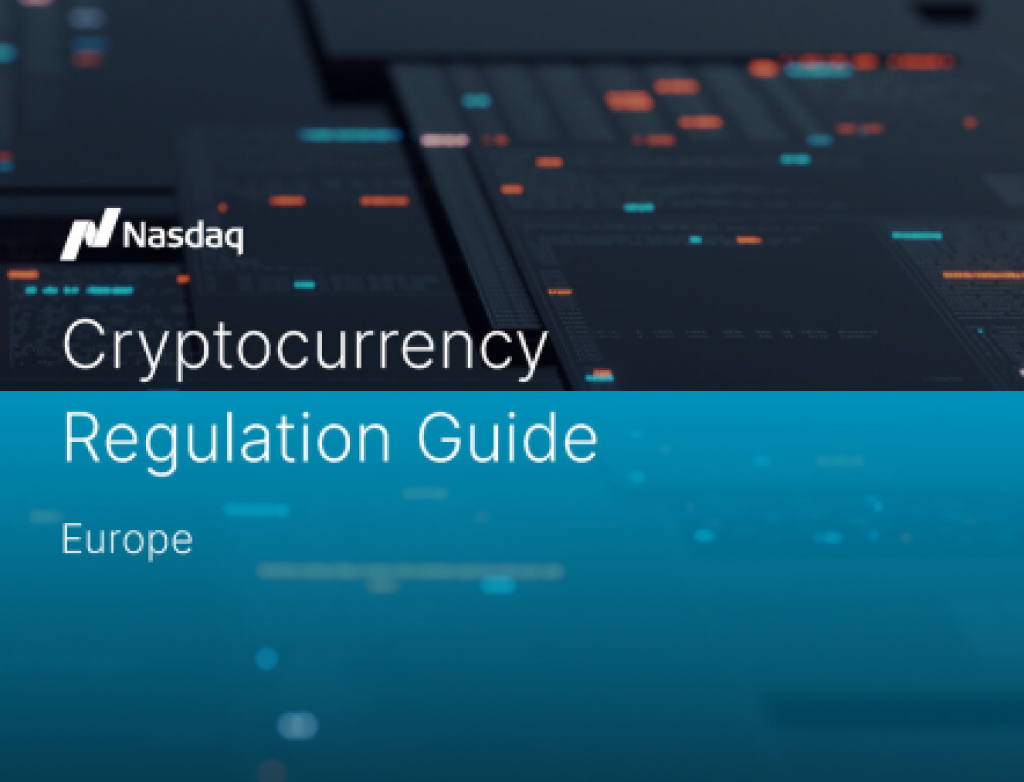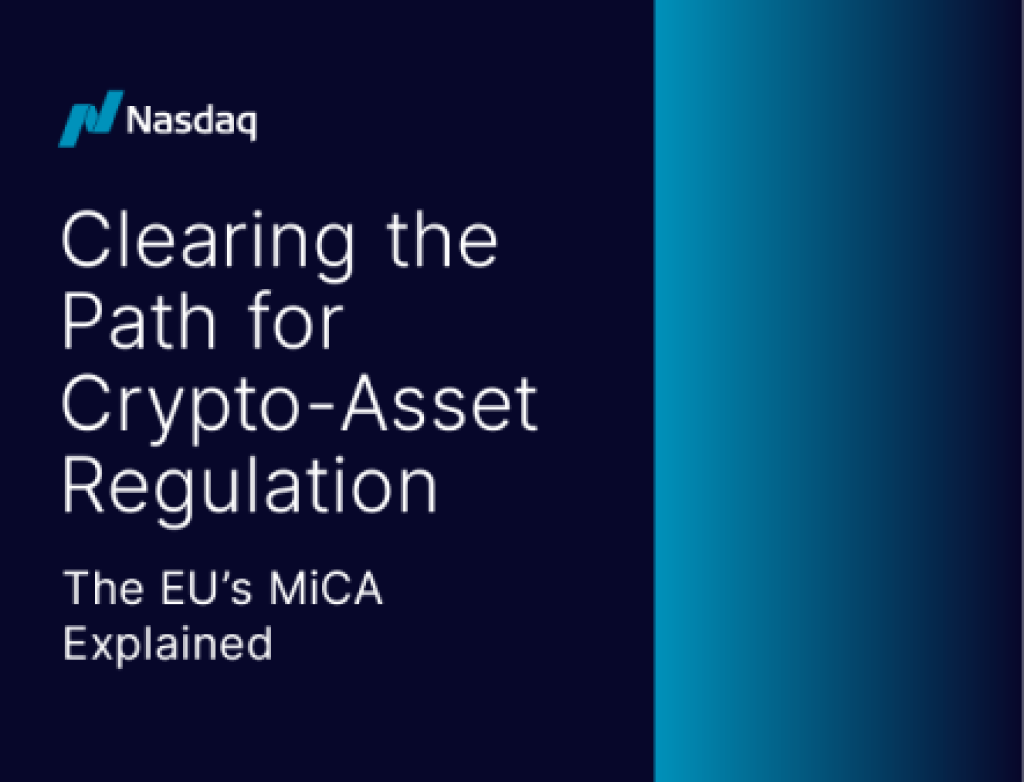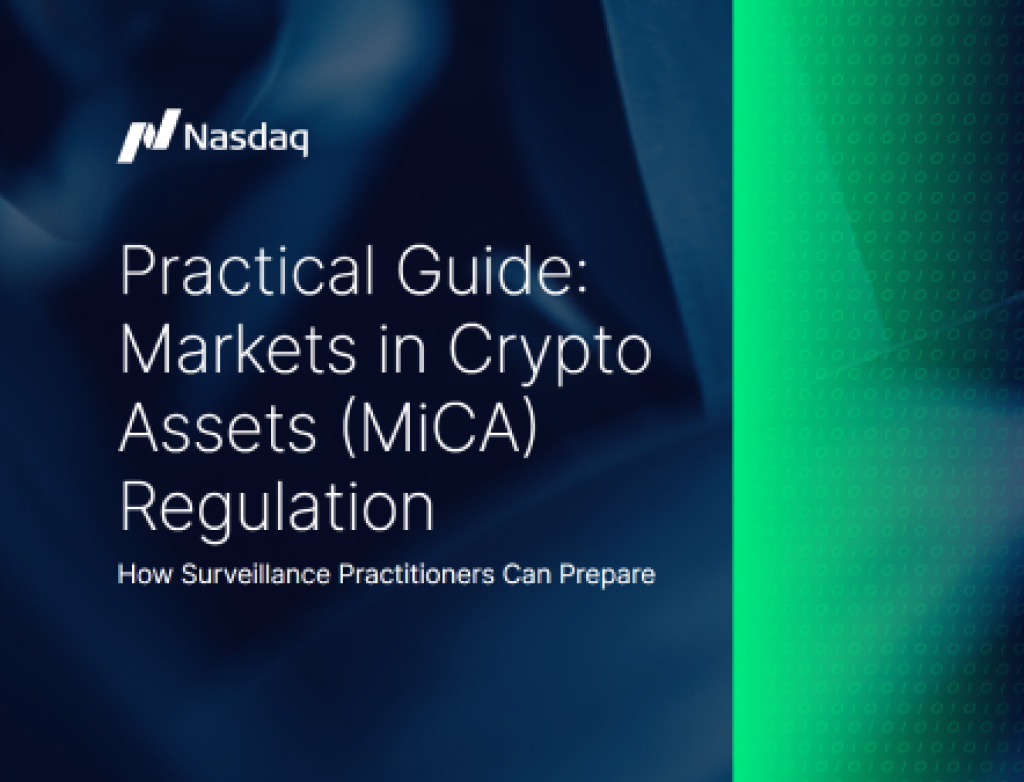Hungary
The Hungarian Parliament enacted Act CXX of 2011 on the Capital Market to promote capital market development, foster transparency, and promote global competition.
Overview: Parliament enacted this law to promote the development of the capital market, improve its transparency and foster international competitiveness. Other objectives are to improve regulations pertaining to actors in the capital markets and the security of investments as well as protect investors and ensure sound supervision.
Chapter II: Interpretive Provisions
Section 5, 116: ‘regulated information’ shall mean all information which are to be supplied under regular and extraordinary disclosure requirements, and those relating to any acquisition of participating interest and inside information;
Chapter V: Obligation to Provide Information Relating to Securities Admitted to Trading on a Regulated Market
Section 61, 11a: The shareholder shall not be required to comply with the obligation of notification under Subsection (1), if the voting rights are attached to shares acquired for stabilization purposes in accordance with Regulation (EU) No. 596/2014 of the European Parliament and of the Council of 16 April 2014 on market abuse (market abuse regulation) …
Chapter VII: General Provisions
Section 73: If before the publication of the takeover bid as specified under Subsection (1) of Section 69, the management body of the offeree company - upon the offeror’s request - has provided any information to the offeror or his proxy concerning the operations of the company, the offeror, his proxy, and the investment service provider commissioned according to Subsection (4) of Section 68 shall handle such information as strictly confidential in compliance with the regulations on business secrets, securities secrets and insider dealing.
Part Six: Insider Dealing, Market Manipulation and of Unlawful Disclosure of Inside Information
Chapter XXI: Prohibition of Insider Dealing, Market Manipulation and of Unlawful Disclosure of Inside Information
(2) For matters not covered by Regulation 596/2014/EU relating to insider dealing, market manipulation and unlawful disclosure of inside information the provisions of this Act shall apply.
Chapter XXXIV: Provisions Relating to the Management Body of a Market Operator
Section 316/A
(15) The stock exchange shall ensure - in a manner laid down in its internal regulations - that its fee structures including execution fees, ancillary fees and any rebates are transparent, fair and non-discriminatory. The fee structures shall not create incentives to place, modify or cancel orders in a way which contributes to disorderly trading conditions or market abuse.
Chapter XXXVI/A: Outsourcing
Section 318:
(6) The stock exchange shall supply the relevant information without undue delay to the authority competent for the investigation and prosecution of market abuse and shall provide full assistance for the related proceedings.
Part 10: Activities of Central Securities Depositories and Central Counterparties
Section 343:
(3) In the course of their activities, the central securities depository and the central counterparty shall observe all regulations pertaining to business secrets, bank secrets, payment secrets, securities secrets, insider dealing, market manipulation and unlawful disclosure of inside information.
Chapter LIV: Authority Procedures
Section 394:
(5) d: The Authority may process data: … for ten years from the date of conclusion of a supervisory proceeding in connection with insider dealing, market manipulation, unlawful disclosure of inside information or in connection with a client;
Chapter LVI: Authority Procedures and Actions, Supervision Fines
Section 400:
(1) The Authority shall have powers to take the following measures and/or to impose the following sanctions having regard to progressivity and proportionality: a)1 issue an official warning to issuers and the organizations under its control, to their executive officers and employees, to persons acquiring a qualifying holding and to persons engaged in insider dealing and/or market manipulation in the event of any infringement of the relevant statutory provisions, internal regulations and the authorization concerning the offering and production of securities, compliance with disclosure requirements, relating to setting up and the functioning of the audit committee, the register on persons with access to inside information, the activities of the stock exchange, the activities of central counterparties, the activities of central securities depositories, and activities associated with the acquisition of holdings in public limited companies for compliance with the said provisions, or - if necessary - shall order compliance within the prescribed deadline;
(9) The Authority shall order any other stock exchange established in Hungary that may be involved in trading, to suspend or remove from trading in the cases under Subsections (1)-(2) of Section 149/B of the IRA, or if the stock exchange provides for the suspension or removal from trading specific exchange-traded instruments or related derivatives in accordance with the provisions of this Act. It may be ordered where the suspension or removal is due to suspected market abuse, a take-over bid or the non-disclosure of inside information about the issuer or financial instrument infringing Articles 7 and 17 of Regulation 596/2014/EU except where such suspension or removal could cause significant damage to the investors’ interests or the orderly functioning of the market. The Authority shall immediately make public and communicate to the European Securities and Markets Authority and the competent supervisory authorities of the other Member States such a decision.
Section 405:
(1) Issuers, offerors, persons violating the regulations on the acquisition of a participating interest in public limited companies, the stock exchange, the central depository, central counterparty, crowdfunding service provider, project owner and their senior executives and other employees, persons engaged in insider dealing and/or market manipulation, unlawful disclosure of inside information, or persons responsible for any breach of the obligation of notification relating to persons discharging managerial responsibilities as defined in Regulation 596/2014/EU and persons closely associated with them as defined in Regulation 596/2014/EU, and any shareholder or holder of voting right responsible for any breach of the obligation set out in Section 61 shall be subject to a fine imposed by the Authority for any infringement, circumvention, evasion, non-compliance or late fulfillment of the obligations set out in this Act and in legislation adopted by authorization of this Act, in the MLT, in the resolution of the Authority and in its own internal regulations, as well as if the financial penalty is proposed by a foreign supervisory authority under Subsection (2) of Section 399.

Regulation of cryptocurrency varies globally by region, jurisdiction, and regulatory body. Nasdaq’s comprehensive and updated Cryptocurrency Regulation Guide Europe provides a snapshot of recent recommendations from international regulatory and standards-setting bodies as well as key developments in Europe.
Read Nasdaq’s comprehensive and updated guide to learn about all the major policies of Europe that govern the regulation of crypto assets.
Please check your inbox to read the Europe Cryptocurrency Regulation Guide.

The EU recently passed the Markets in Crypto-Assets (MiCA) regulation which will go into effect in 2024. The monumental vote will set global standards for the regulation of crypto-assets. Read our paper to learn more about the articles within MiCA pertaining to market abuse.
Read our paper, Clearing the Path for Crypto-Asset Regulation: The EU’s MiCA Explained, to learn more about the articles within MiCA pertaining to market abuse.
Please check your inbox to read Clearing the Path for Crypto-Asset Regulation: The EU’s MiCA Explained.

With MiCA scheduled to go into effect in 2024, crypto-asset market participants should expect more stringent surveillance requirements once the regulation is implemented. Now is the time to implement technology and processes to monitor for market abuse, money laundering, and fraud – not only to ensure compliance, but also to protect investors, instill confidence, promote integrity, and attract clients.
Access the practical guide and uncover how to prepare for the upcoming MiCA regulation.
Please check your inbox to read Practical Guide Markets in Crypto Assets (MiCA) Regulation.